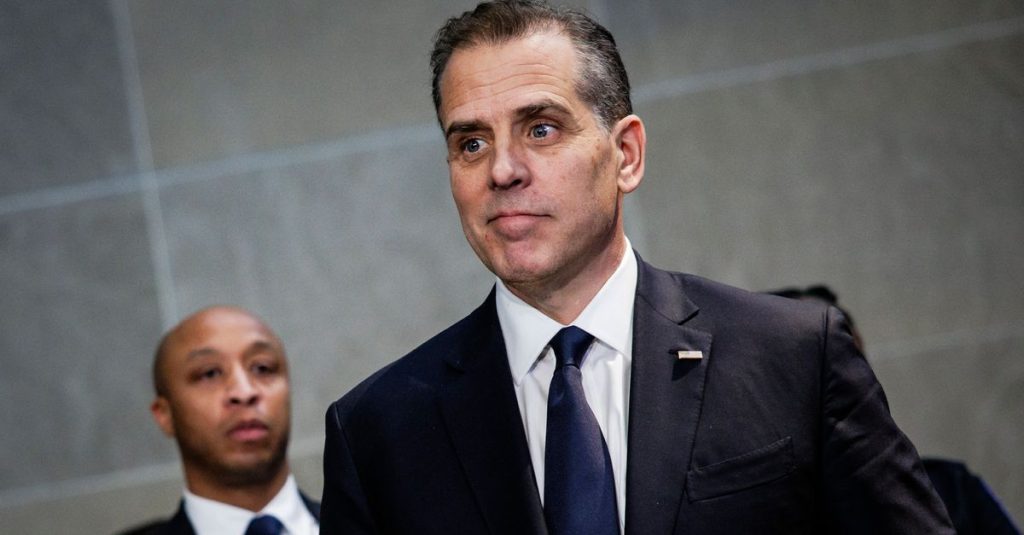The president’s son has been facing legal troubles, with accusations that he has committed various crimes. His supporters believe that he is being targeted for political reasons, as they claim that the charges against him are unfounded. However, the judge overseeing the case has rejected this argument, stating that there is sufficient evidence to proceed with the prosecution.
The president’s son’s defense team has been working tirelessly to defend him in court, but they have faced challenges in proving his innocence. Despite their efforts to paint him as a victim of political persecution, the judge has remained steadfast in pursuing the case against him. This has led to increased tensions between the prosecution and the defense, as they continue to battle it out in the courtroom.
The case against the president’s son has been highly publicized, with many people closely following the developments. The prosecution has presented evidence that they believe proves his guilt, while the defense has countered with their own arguments in an attempt to exonerate him. As the trial progresses, it remains to be seen how the evidence will be weighed and what the ultimate outcome will be.
The president’s son’s claims of political persecution have not swayed the judge, who has remained impartial throughout the proceedings. The judge’s decision to reject this argument indicates that he believes there is a legitimate case to be made against the president’s son, based on the evidence presented. This has further fueled the controversy surrounding the case, as supporters on both sides continue to fervently defend their positions.
The president’s son’s legal woes have had repercussions beyond just his individual case, as they have also sparked debates about the intersection of politics and the legal system. Many are questioning whether the charges against him are truly driven by political motives, or if there is substantial evidence to support the prosecution’s claims. This case serves as a reminder of the complexities and challenges of navigating the justice system in the midst of political turmoil.
In conclusion, the president’s son’s claims of political persecution may have been rejected by the judge overseeing his case, but the debate surrounding his legal troubles rages on. As the prosecution and defense continue to present their arguments in court, the public remains divided on whether the charges against him are justified or motivated by political bias. The outcome of this case will have far-reaching implications, not just for the president’s son, but for the broader discussion around the intersection of politics and the legal system.


